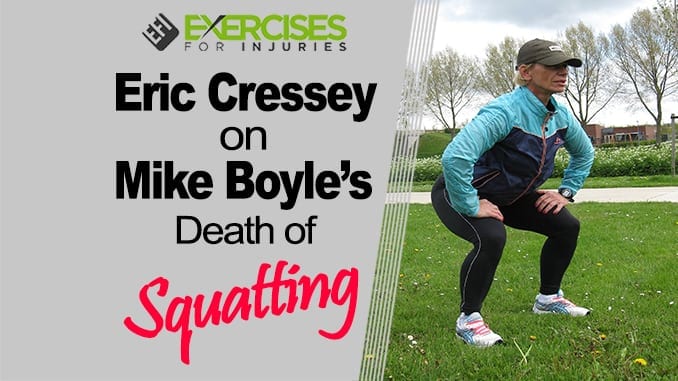
Everyone knows squats are a great way to activate your glutes and train your legs. Everyone also knows that overhead squats are great exercise for building core strength, shoulder stability, and posture. So, if you’re looking for a new squat variation that will develop your core and strengthen your shoulders, overhead squats must be just the thing! Right? Well, not exactly. There is more to these squat variations than meets the eye. Unfortunately, some of the most popular squat variations put your body at risk of injury when performed as frequently recommended and incorrectly. That’s because these exercises involve putting an unusual amount of stress on one or more specific areas of your body — in this case, the shoulders and lower back.
Watch the video below by Eric Cressey to understand more about this and discover why Mike Boyle, a leading expert in Strength and Conditioning, said there is danger in squatting.
Squatting is good, especially for active people like athletes. But there is always a negative impact on this lifting workout. It can cause a lot of knee pain and even a torn meniscus if you don’t do it correctly. It would help if you learned how to do this exercise correctly to prevent this dilemma.
In this video, you will learn:
- Crucial information on overhead squatting. There are more pieces of information to learn from the video aside from knowing that squatting is to strengthen your shoulders, core, and legs.
- The proper form to squat. Whether you are a beginner or an advanced lifter, you can benefit from the video presented above.
- Effects of squatting. This workout has good results if we follow the correct form and harmful consequences if we do not heed the proper structure.
- Impacts of squatting that most players overlooked. It is advisable to do this exercise with the correct posture and form to avoid injuries.
- Significance of Core Stability. This is essential for overall health since this is where most of the body’s metabolic activity occurs.
A squat is a movement that engages many more muscles than other exercises and has a higher rate of metabolic demand than those additional exercises. When done correctly, your body is forced to adapt. It can increase the size of your muscles and can build strength. If you can do them with little to no effort and perfect form, you have what it takes to squat better.
Squats are a great exercise to build strength or lose weight. It may take some time to get used to the movement and learn how to do them correctly, but the more you do them, the better you will get at it. It’s worth noting that not everyone should squat. If you have a physical limitation that prevents you from doing this exercise or is still unsure if it is right for you, please consult your health professional before starting a new exercise routine.
Rick Kaselj, MS

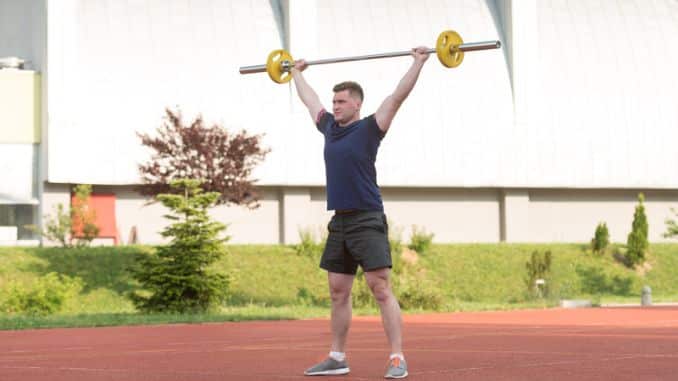
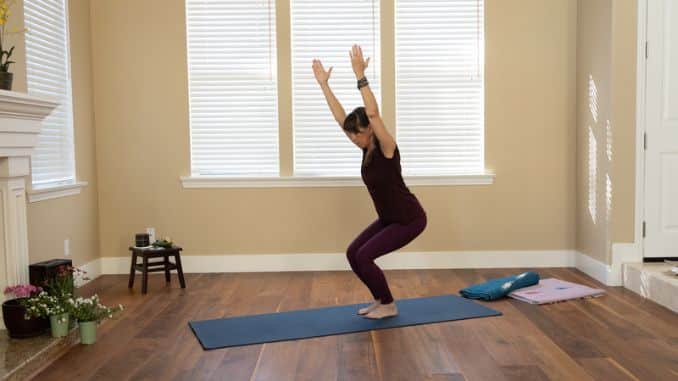
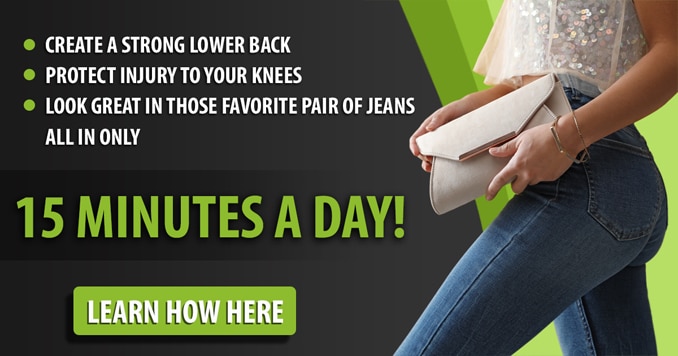
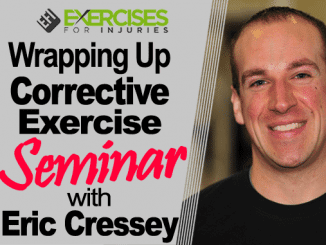
![Training_Mistakes_that_Lead_to_Injuries_with_Eric_Cressey[1]](https://kcdn-dfbd.kxcdn.com/wp-content/uploads/2011/10/Training_Mistakes_that_Lead_to_Injuries_with_Eric_Cressey1-326x245.jpg)
